Some time ago I made it a policy to not criticize Pope Francis. My attitude to the Vatican corruption, immorality amongst the hierarchy, financial skullduggery and Pope Francis’ ambiguous teaching was simply, “He’s the Pope. He’s from a different culture and background. What can we learn from him? Is he a great pope? Time will tell. Is he a bad pope? I give him the benefit of the doubt and realize, sometimes we have good popes. Sometimes we have bad popes. Sometimes we have incompetent popes. Maybe before long we will have a different pope.”
Why complain about the Pope if you don’t like him? You can’t do anything about it, so just get on with doing what you can do with what you have where you are. Be real. Be local. Live the faith and perhaps your prayer for the pope will be that of Tevye for the Czar.
However, I can’t help lamenting this interview of Pope Francis with the Italian paper La Stampa. He speaks about European politics, the immigration crisis and ecology as he looks forward to the upcoming Amazon synod.
Far be it from me to suggest that a Pope should not comment on politics, ecology and immigration. All of these topics and more may be subjects for papal observation and comment.
Nevertheless, what struck me most about the interview with La Stampa is that the Holy Father made no mention of Jesus Christ or his Blessed Mother. There was a brief reference to the Christian roots of Europe, but otherwise no mention of sin, the need for redemption, the need for the Catholic faith and the pressing need for repentance, prayer and conversion of souls.
Nothing.
An opportunity to evangelize and bring the focus back to the Christian faith was lost completely and all that was given out was mushy sweet talk about politically correct theories.
Here is the end of the interview:
Your Holiness, what do you fear most for our planet?
“The disappearance of biodiversity. New lethal diseases. A drift and devastation of nature that can lead to the death of humanity”.
Do you see some new awareness on the environment and climate change issue?
“Yes, especially in the movements of young ecologists, such as the one led by Greta Thunberg, “Fridays for future”. I saw a sign from them that struck me: ‘We are the future!’”.
Can our daily conduct – separating waste collection, not wasting water at home – have an impact or is it insufficient to counter this phenomenon?
“It does have an impact, because it is a matter of concrete actions. And then, above all, it creates and spreads the culture of not dirtying creation”.
This is, quite frankly not only underwhelming, but a total misdirection of the role of the Pope. Ecological campaigning may be vitally important, but that is not his role.
But let us give him the benefit of the doubt. The interview was clearly directed and planned by the journalist. He chose the questions and the direction of the conversation. He also edited and selected the words of the pope. It is very possible that the Pope did speak about the need for repentance and conversion and the opportunity to re-evangelize. It is possible that he spoke powerfully about mankind’s sinful condition and the loving sacrifice of Our Lord to redeem the world. It could be that he promoted the Catholic faith called for the lapsed to return and joyfully proclaimed the Christian gospel.
It could be that he did all that, and the journalist simply edited out the religious stuff.
But then again, maybe not.
This sort of interview is the key cause for the confusion and bewilderment of so many Catholics today. The feel like sheep without a shepherd, that the barque of Peter has no one at the helm. Pope Francis is clearly not a master of media, but he should have people who get final approval of what goes out in his name.
The worst thing about this ambiguity and confusion is that it is causing division. I hear more and more Catholics muttering, “This is not my religion” and the problem with that conclusion is that the Catholic who mutters such must therefore set out to create their own religion. They go cherry picking from this magisterial document and that liturgical theory, the teachings of this pope or the life of that pope.
It’s a pick and mix patch and match do it yourself approach to Catholicism, and we know where that leads.
“This is not my religion…” sounds like Martin Luther or any other sincere Protestant primitivist who thinks they know better than the Pope and sets off to find or found their own “true church.”
And as they do, they cut themselves off from Rome and will always end up in a backwater. Then, before long they end up in conflict with all the other disgruntled Catholics who have also muttered “this is not my religion” and set off to find their own version of Catholicism.
Without an agreed source of authority, this path ends in the fissiparous swamp of sectarianism and strife.
But if the source of authority is itself ambiguous, vague and off target, what else can possibly be the result? What’s to be done?
Well, talking with a good friend about all this last night we agreed that there are some good things go come from the present crisis and confusion. Firstly, it is a good thing to not put so much trust in the pope. Pope Francis himself would probably agree with this. We’re Catholics. We love the pope. We love the church, but let’s take a deep breath and remember: it’s about Jesus first and foremost. It’s about the gospel of Our Lord Jesus Christ. It’s about conforming our will to His to do his work in the world.
Secondly, this focus on the real priorities will also help us focus on what we are supposed to be doing. We’re to be getting on with the business of praying, putting God first, serving him and then serving others. We’re to be reading the Sacred Scriptures, learning and teaching the faith from the catechism and sharing that faith with those in need through evangelization and the corporal acts of mercy…
…and you don’t need the pope looking over your shoulder every minute to do all that.

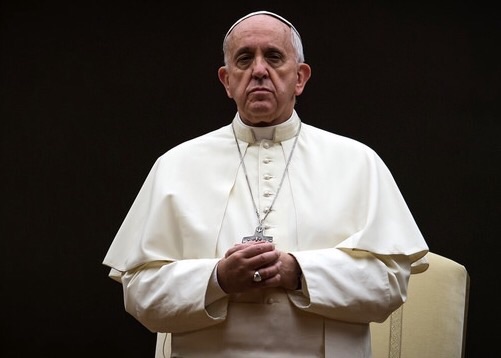
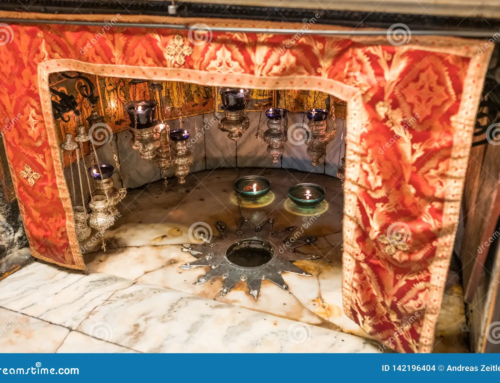
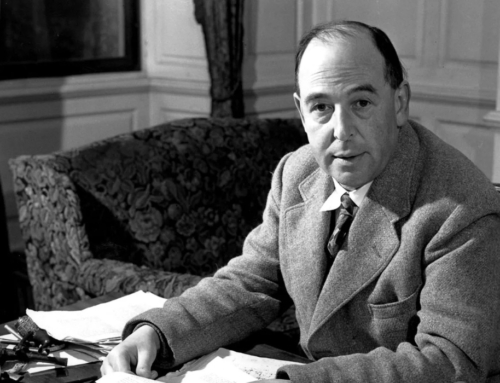
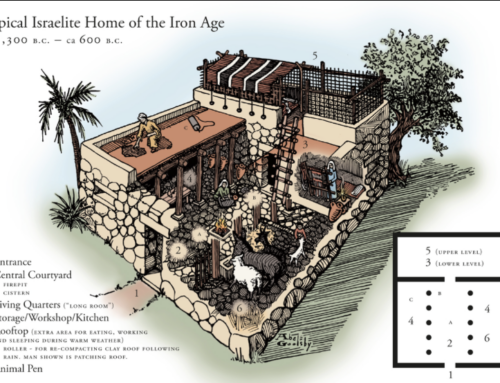

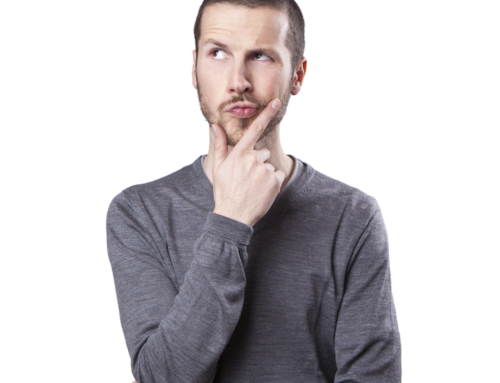
Father,
I agree that we need to continue or maybe increase our bible reading, prayer time and help for the less fortunate in our communities. But I must confess that the continuing vagueness and unanswered questions is wearing.
Jeff
I liked Saint John Paul II’s emphasis on physical fitness,setting the example with skiing and hiking. Perhaps our current Holy Father could grab a staff and spend a trekking afternoon admiring the beauty of the Dolomite’s and contemplating the good he could do while seeking guidance from above.
I find the whole thing very confusing, but not at all surprising–a quick review of Catholic history is enough to explain my reaction. I don’t know if the Holy Father is right or wrong about individual issues. What I do know is that I love our Church, I’ve planted my feet in her, and I will stay with the one, holy, catholic, and apostolic church. Pope Francis is the legitimately elected Pope, regardless of any skulduggery that took place behind the scenes of his election. I don’t agree with him on everything, and if he, God forbid, drifts into some kind of heresy, I won’t follow. But he is still the Holy Father, head of the Church I love, and I will not leave.